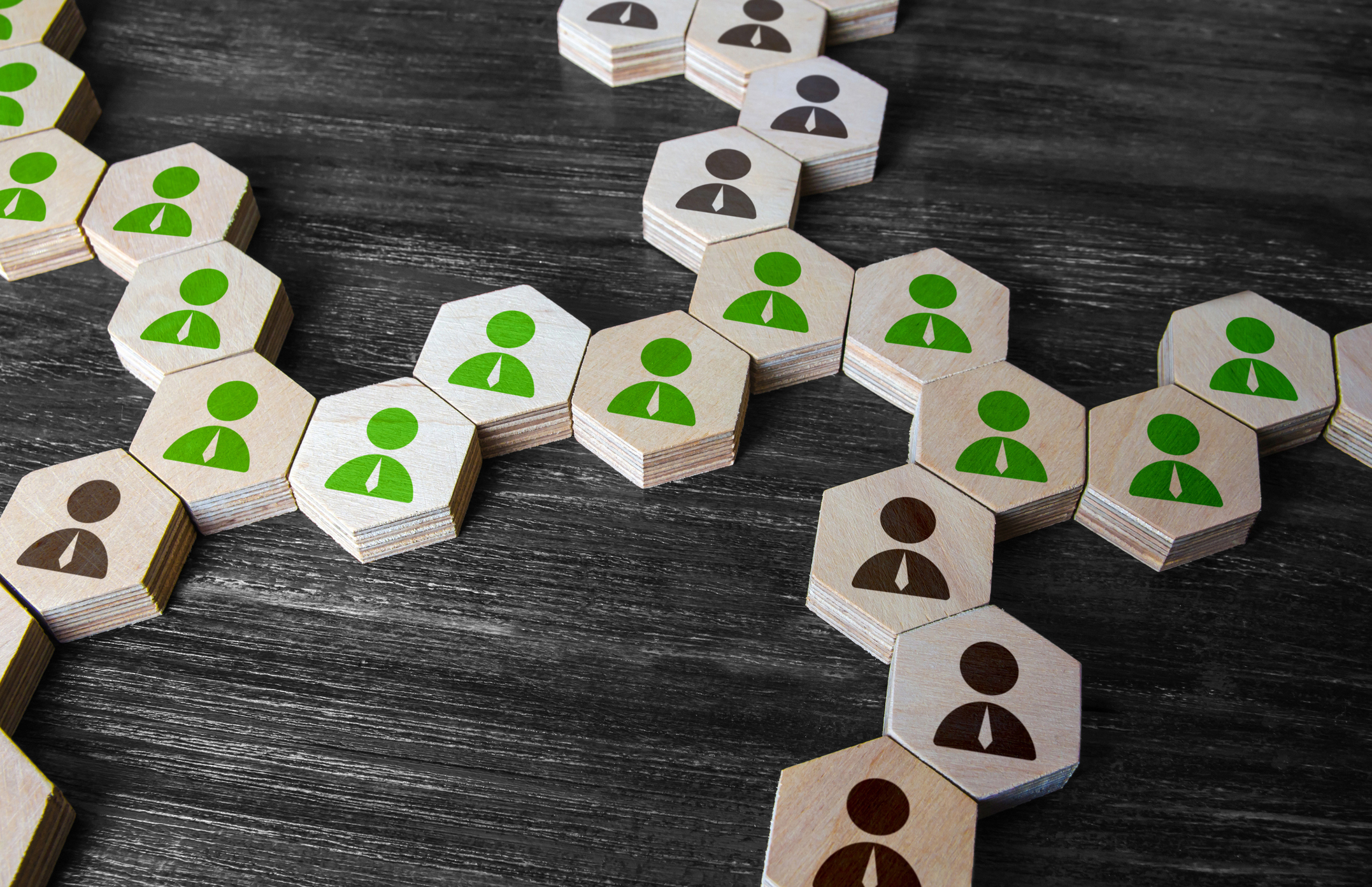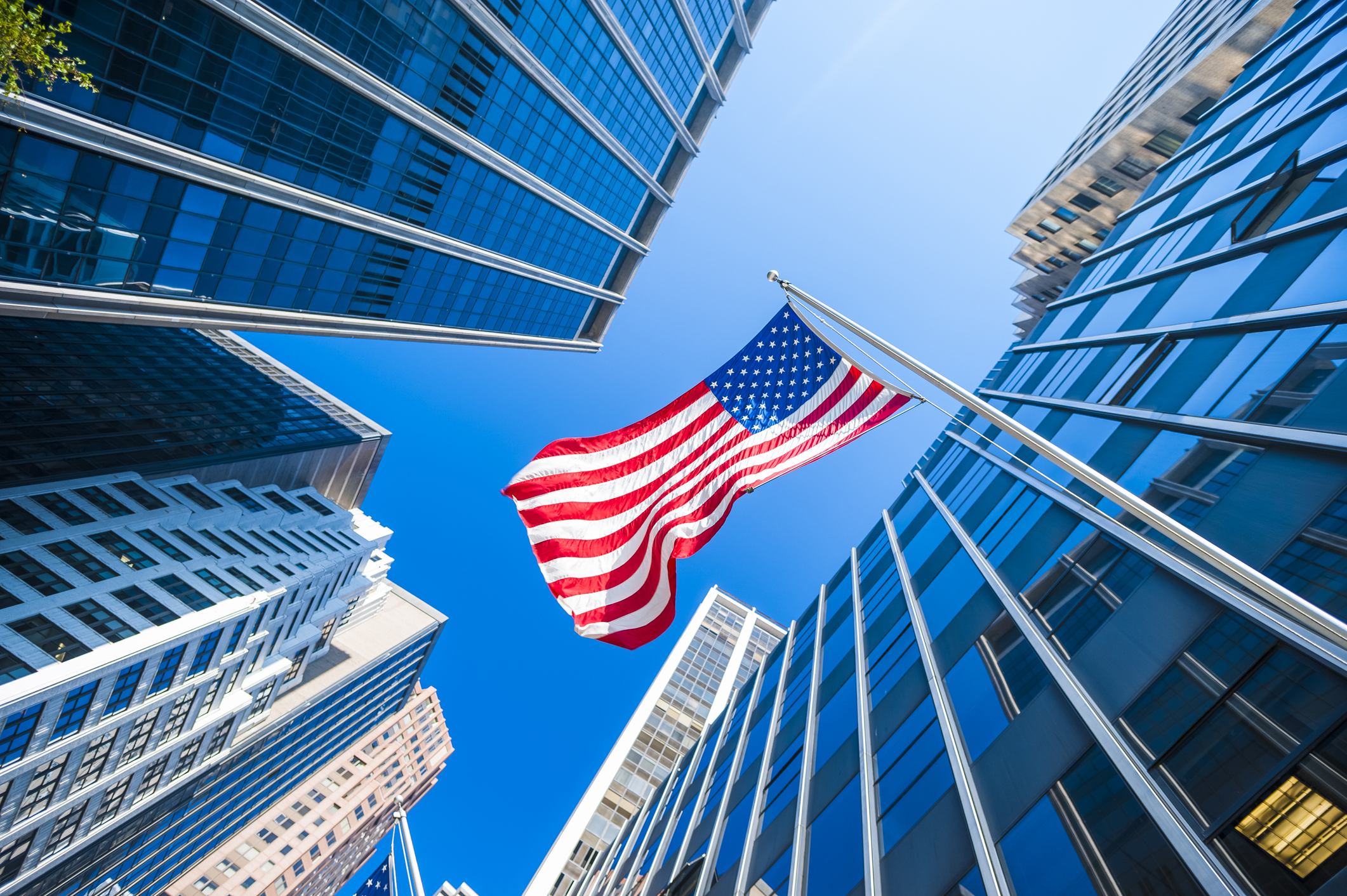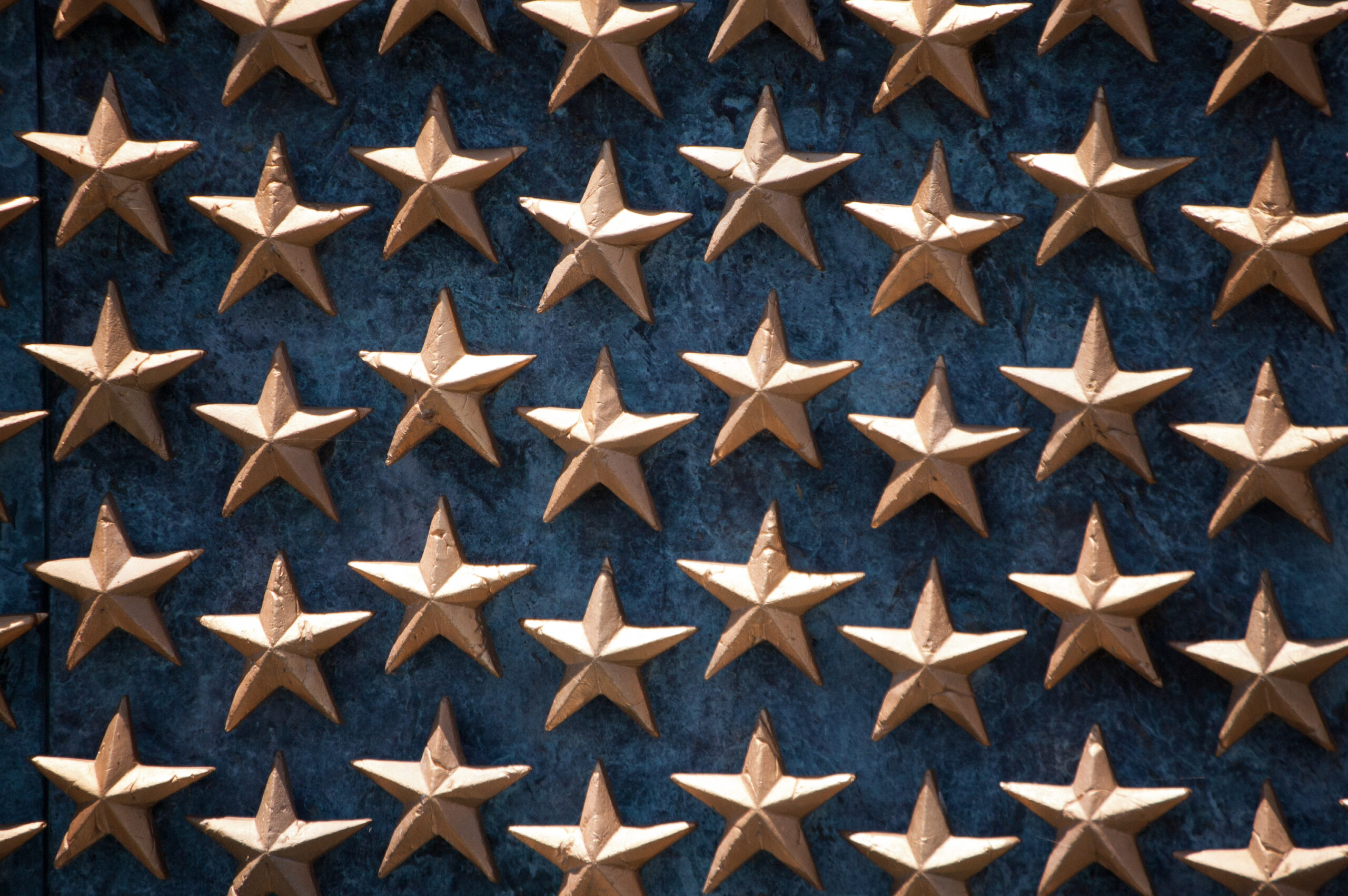*This article was written by former Director of Applied Research Jonathan Pinckney.
Why should faith communities care about authoritarianism?
A flourishing democracy is one of the strongest protections for the free exercise of religion. From the persecution of Christians and ethnic cleansing of Uyghur Muslims in mainland China to the suppression of the Baha’i faith in Iran to the targeting of religious minorities in the backsliding democracy of Prime Minister Narendra Modi’s India, the pattern from around the world is clear: when democracy breaks down, people of faith suffer.
The connections between faith and freedom are even more important at a time when some American politicians are appropriating religion to advocate for an exclusive “Christian nationalism” that uses government to impose their ideology on others. The examples of dozens of countries that have put the supremacy of one religion at the center of their politics shows the devastating consequences of this approach: heightened deadly conflict, increased political corruption as political leaders adopt the mantle of religion to pursue their personal agendas, and often a decline in the vibrancy of religious life. Indeed, the close affiliation of a political ideology with certain brands of Christianity is the primary reason for the stunning growth over the last three decades in Americans abandoning identification with religion.
Yet the answer to the appropriation of religion by an authoritarian faction in the United States is not to depoliticize religion. Indeed, history shows that when people of faith withdraw from the social issues of the day their withdrawal reinforces existing systems of injustice.
Instead, faith communities have a critical role to play in revitalizing our democracy and countering toxic polarization. Communities of faith have always been a bedrock of American democracy. Following one’s conscience in defiance of established state churches motivated the pilgrims and many of the other early immigrants to North America. Faith was at the center of almost all the great American social movements; from the Abolitionist movement against slavery in the 1800s to the Civil Rights Movement of the 1950s and 1960s. As the great writer of Democracy in America Alexis de Tocqueville put it: “in America the spirit of religion and the spirit of freedom…[are] intimately united.”
So what does this role look like for faith communities in America today? The specifics will look different depending on faith communities’ positioning in the rich tapestry of American religious life. But the history of religious engagement in struggles for democracy in America and around the world suggests a few common effective strategies.
How can Faith Communities Support Democracy?
- Communities of faith often come with unique positions of moral influence that make them powerful persuaders for democracy. Such acts of persuasion are most effective when they are clearly linked to faith community’s spiritual mandates, and when they directly address the spiritual and moral claims of those undermining democracy. For instance, in Malawi in the 1990s a pastoral letter by Catholic bishops condemning restrictions on political freedoms was pivotal in leading to the restoration of democracy. The letter linked human rights and freedom to the Catholic Church’s spiritual mission and undermined the moral authority that dictatorial president Hastings Banda claimed as a church elder. Religious women like Quaker Minister Lucretia Mott leveraged their faith and gender as powerful advocates for the abolition of slavery in the 1800s. More recently, after the January 6th attack on the Capitol, numerous faith leaders, such as the Church of Jesus Christ of Latter-Day Saints, issued statements calling on their members to “honor democratic institutions and processes.”
- Persuasion is important but may have a limited impact unless it’s backed up by courageous acts of noncooperation, where religious leaders, institutions, or communities refuse to continue normal patterns of behavior in response to egregious violations of democratic principles or human rights. There is a long and storied tradition of non-cooperation and civil disobedience across many faith traditions, from the earliest history of Christianity to modern debates on civil disobedience in Islam. For example, during the People Power movement in the Philippines, courageous Catholic nuns who knelt before tanks while praying the rosary were crucial in preventing a violent crackdown and ensuring the movement’s success.
- Faith communities can engage in bridgebuilding and mediation, drawing on their positions of respect in the communities where they live and work to connect parties across difference. Democratic breakdown is fueled by hyper-partisan polarization. Faith communities provide one of the strongest and most resilient forums for overcoming that polarization. Effective engagement typically looks more like shared effort towards common goals, rather than dialogue for dialogue’s sake, and requires outreach beyond sympathetic audiences. In Liberia, Muslim and Christian women ended their country’s civil war by forming the “Women of Liberia Mass Action for Peace” that brought women together across long-standing divides and pressured their government and rebel groups to do the same.
- Faith communities are often one of the best-placed organizations for providing material support for pro-democracy mobilization. Community organizing networks rely on the physical infrastructure, interpersonal networks, and practical resources that churches, temples, mosques, and other religious institutions provide. This approach was most famously and effectively used in the American civil rights movement, when Black churches formed the backbone for almost every major civil rights campaign. Similarly, evangelical churches in East Germany in the 1980s provided one of the few free spaces for organizing against the country’s Communist dictatorship, playing a pivotal role in the nonviolent resistance campaign that led to the fall of the Berlin Wall.
- Faith communities often provide great symbolic power to unify across difference, build momentum to push for change, and remain resilient in the face of challenges. From the freedom songs of the civil rights movement to the Muslims and Christians joined in prayer during the Arab Spring in Egypt to the courageous activists of the Polish Solidarity movement against Communism celebrating Mass on the frontlines of their campaign for freedom, religious faith is one of the most powerful animating forces in the struggle for justice and democracy.
The Horizons Project’s Work
The Horizons Project recognizes the importance of the faith community as a force for democracy and is engaging with diverse faith leaders and coalitions to establish a common framework to understand and combat the authoritarian threat; and strategically link faith-based organizations with the pro-democracy civil society ecosystem. We are reaching out to or partnering with organizations such as the One America Movement, the Kairos Center, the Poor People’s Campaign, the Initiative on Catholic Social Thought and Public Life at Georgetown University, the Ignatian Solidarity Network, NETWORK, Sojourners, Faith in Public Life, Friends Committee on National Legislation, Mormon Women for Ethical Governance, Pax Christi, and the National Council of Churches.
- Research and Analysis: As part of its larger pillars of support project, Horizons is examining how faith communities have protected democracy both in the US and other countries during democratic backsliding, and the most effective ways for faith communities to do so. We will be working with faith communities to share the results of this research, providing practical tools and ideas to help shift priorities and collective action to pro-actively protect democracy from the current authoritarian threat. Horizons will be producing short, action-focused publications and, together with partners, hold one or more salons on Faith and Democracy.
- Relationship-Building: Research shows that protecting and restoring American democracy will require united effort across a wide range of sectors. Horizons is building connective tissue between faith communities and other key nodes in the pro-democracy ecosystem to strategize how efforts at protecting democracy can be most effectively coordinated both at the state level and nationally. We plan to organize both formal events and informal conversations between faith leaders, grassroots organizers, and others in the pro-democracy space to help build the foundations for united action to protect democracy as we move towards the 2024 election and beyond.




